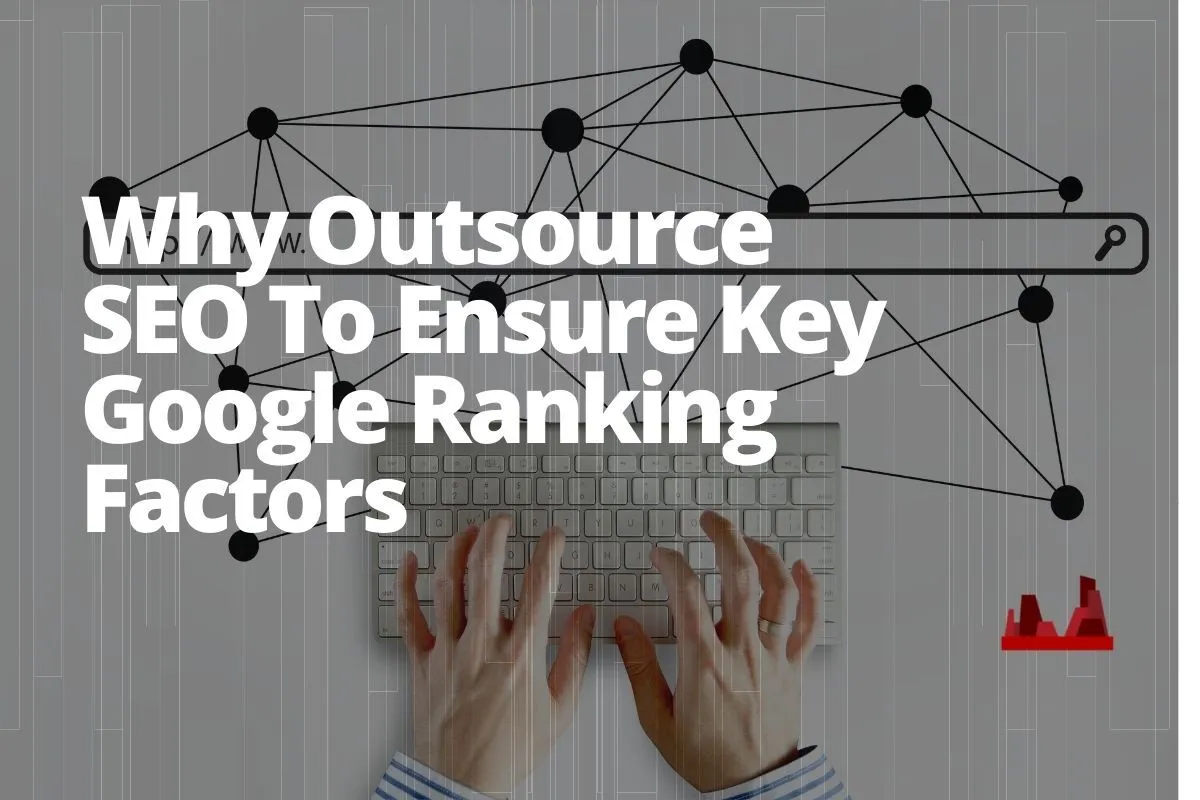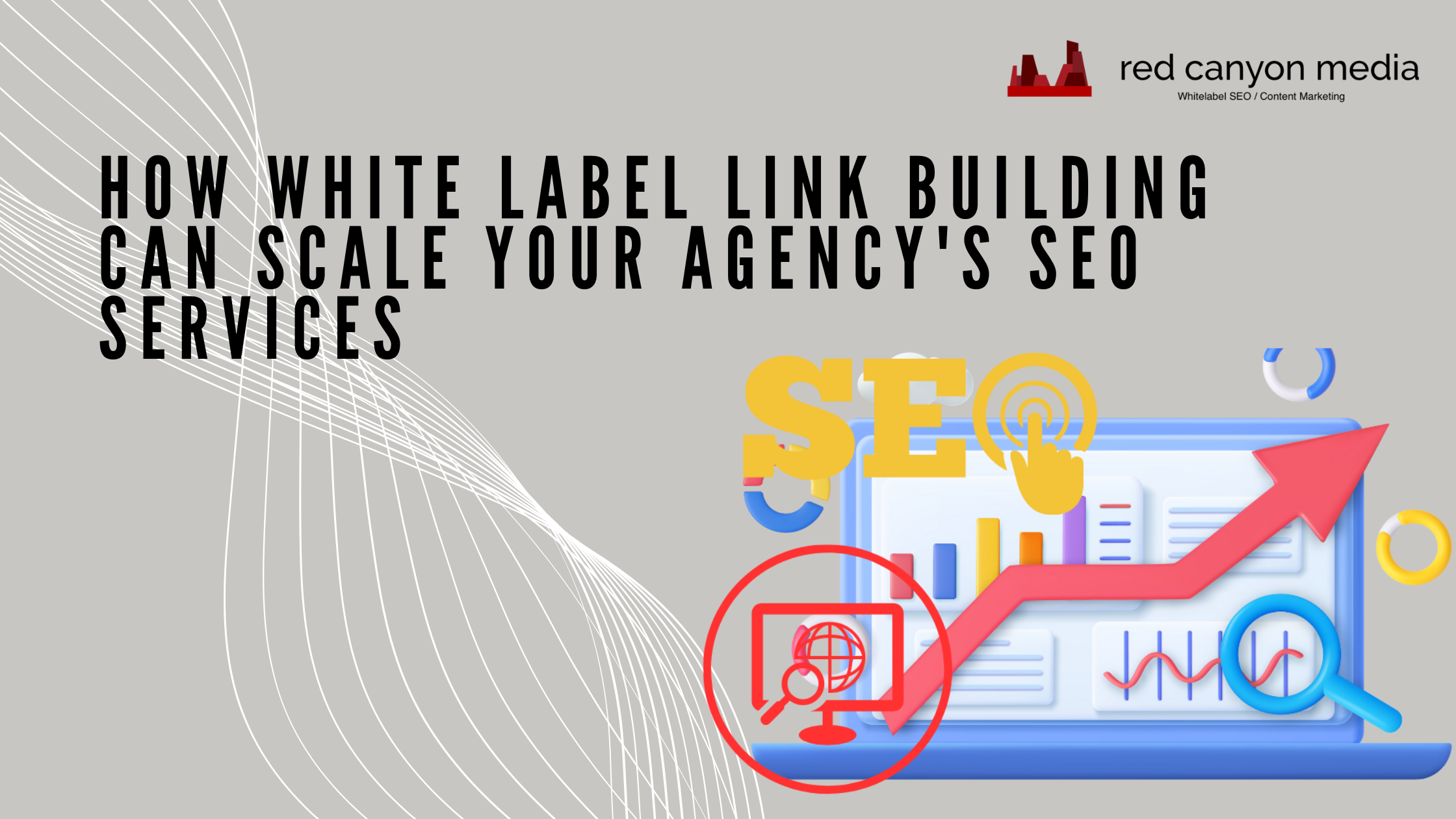Should you handle SEO in-house or outsource it? That’s the question many contend with because outsourcing SEO is daunting. You have your ways of doing SEO, and it can be scary to think about relying on someone else. However, outsourcing SEO is the best route for most brands. It just has to be done correctly.
How to Properly Outsource SEO
First, you need a system that ensures work is performed to specifications—the series of steps or SOP (standard operating procedure) concerning each task. Second, you need capable freelancers or a white label agency to carry out tasks.
Third, identify the best way to manage and refine. That could be using a project management software or coordinating with your white label agency.
Why Brands Outsource
When people think of outsourcing, most assume everything has to be outsourced. But you don’t have to outsource everything. Outsourcing certain things is often a better approach that can free up time, allowing you to focus on other important business areas.
Plus, you can scale your organization more efficiently and faster by outsourcing. It’s a lot harder to focus when you’re juggling too many things at once, even with employees. So why not reduce your workload? You can avoid those tedious or repetitive SEO tasks that are still crucial to your campaign, such as link building.
And in most cases, outsourcing SEO is cheaper than doing it in-house. Consider the time your staff spends to do SEO instead of handling other projects.
Additionally, one of the biggest challenges of being an SEO agency or expert is keeping up with ranking factors. Google makes significant changes to its algorithms frequently, making it almost impossible to keep up if you have tons of other things to do.
The Most Crucial Google Ranking Factors
It’s impossible to remember all 200+ Google ranking factors. So to help, here are the most critical ranking factors that deserve your attention.
- Backlinks – Links from other sites to yours.
- Content depth – Relates to content thoroughness in relation to keyword.
- HTTPS – SSL or website security.
- Page Speed – The time it takes pages to load.
- Keywords – The use of keywords within the content.
- User Experience – Web design, interstitials, dwell time, CTR, etc.
- Searcher Intent – The relevance of the page to query.
- Social Signals – The activities on social media channels like Facebook.
- Mobile-friendliness – Mobile accessibility and compatibility.
- Business Listing Consistency – Refers to how consistent your name, address, and phone number (NAP) are on the web.
- Freshness – The freshness of content, but it’s query dependant (e.g., news sites have to meet freshness with most publications).
The post Why Outsource SEO To Ensure Key Google Ranking Factors appeared first on Red Canyon.



